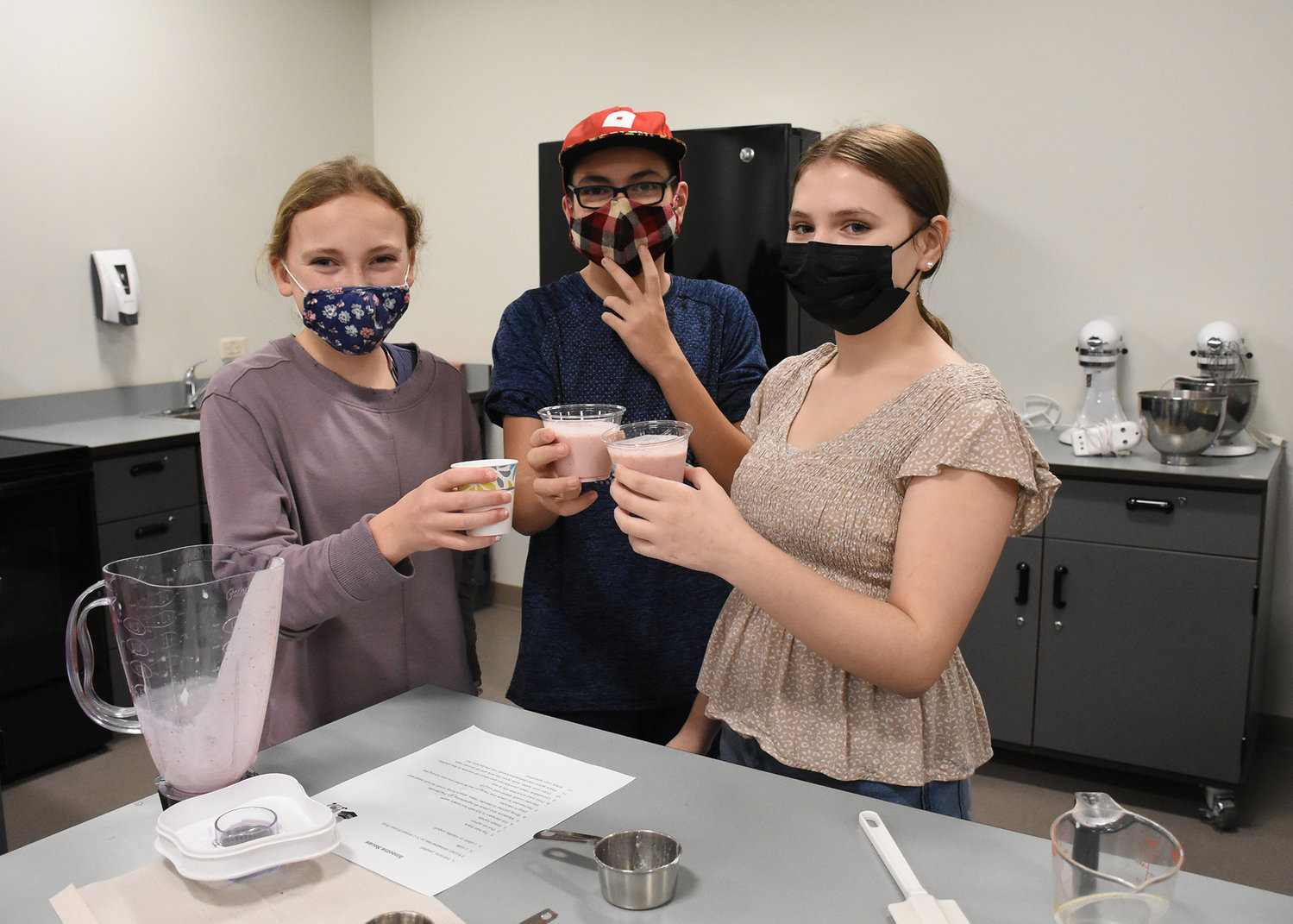
INDIANAPOLIS, IN — Untreated or ignored stress and mental health issues in rural areas impact the quality of life, economic development, and lives of farmers, the agriculture workforce, and rural families.
To raise awareness and help reduce the stigma surrounding mental health in the agriculture industry the Healthy Minds, Healthy Lives program was created by the Indiana Rural Health Association.
Twenty-three free, one-day insightful workshops with subject matter experts will be conducted in 2022.
Locally, a workshop is scheduled for July 6 in Osgood.
“Our rural communities are the backbone of our Indiana economy, and we can make them even stronger by supporting mental health and reducing stressors at home and in our communities,” said Lt. Gov. Suzanne Crouch, Secretary of Agriculture. “These workshops will give our farmers the resources to help their neighbors and their family members who may be struggling.”
The workshops aim to discuss the mental landscape in Indiana, highlight local resources, discuss telehealth options, and contain information about the Purdue Farm Stress Program. The Indiana Rural Health Association will also present training for the Question, Persuade and Refer (QPR) program.
“We all know that farming is one of the most dangerous professions, and it is sadly also one of the most mentally taxing ones as well,” said Bruce Kettler, director of the Indiana State Department of Agriculture. “Our department was honored to be awarded this grant from USDA and we believe using these funds in partnership with the Indiana Rural Health Association and Purdue Extension will greatly impact thousands of Hoosiers, and work to decrease the stigmas around mental health in agriculture.”
The free workshops through the Healthy Minds, Healthy Lives program are open to the farming community, including agribusinesses and related service industries, the faith community, local leaders, and families.
“The suicide rates among farmers are six times higher than the national average,” said Kathy Walker, Indiana Rural Health Association (IRHA) program director for Healthy Minds – Healthy Lives. “Financial stress is always present, pressure to never lose the family farm is great, the work is physically and mentally stressful with long hours, social isolation and lack of confiding relationships.”
Each one-day workshop is limited to 35 people, so individuals interested in participating are encouraged to register early.
Stigma and other issues that discourage people from seeking help can result in higher suicide attempts and other mental health issues. These issues often are higher – even double – than in urban areas. Depression, suicide, and other mental health struggles often arise during the seasonal times of planting and harvesting when stress levels are also higher.
These workshops are part of a partnership with the Indiana Rural Health Association, Purdue Extension, and the Indiana State Department of Agriculture (ISDA). ISDA received a $500,000 grant from the National Institute for Food and Agriculture’s Farm and Ranch Stress Assistance Network in October 2021.
To register for a workshop please click here or visit indianaruralhealth.org. Registration opens 30 days prior to each event.
For additional information about the Healthy Minds – Healthy Lives QPR workshops, please contact Kathy Walker by email: [email protected]
(Indiana State Department of Agriculture press release)
from "healthy life" - Google News https://ift.tt/QupN7xa58
via IFTTT










 “The All of Us Research Program was designed to support a wide range of studies by providing the infrastructure for a large, diverse data set that has been previously unavailable,” said Josh Denny, M.D., CEO of All of Us. “We’re delighted that All of Us has a role in advancing in-depth nutrition research and furthering precision nutrition by serving as a platform for this unique initiative.”
“The All of Us Research Program was designed to support a wide range of studies by providing the infrastructure for a large, diverse data set that has been previously unavailable,” said Josh Denny, M.D., CEO of All of Us. “We’re delighted that All of Us has a role in advancing in-depth nutrition research and furthering precision nutrition by serving as a platform for this unique initiative.” 